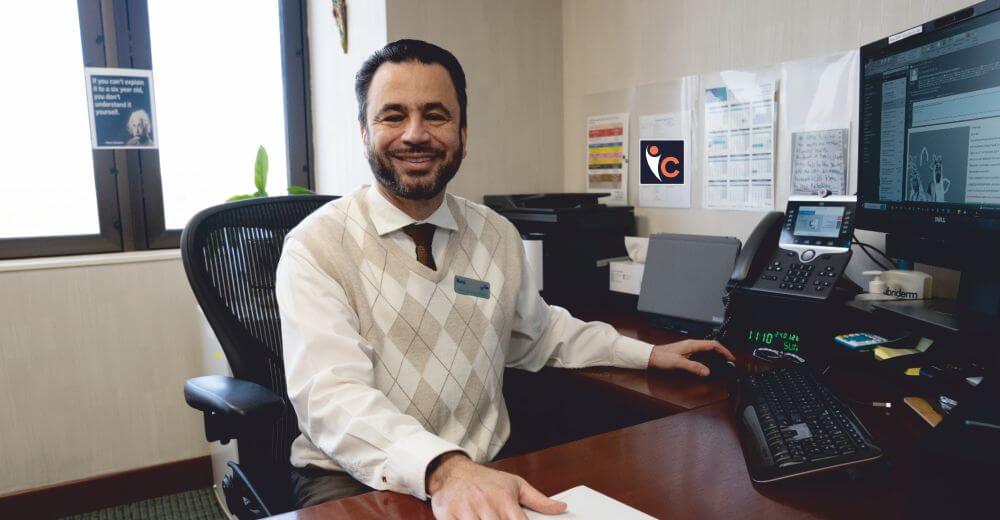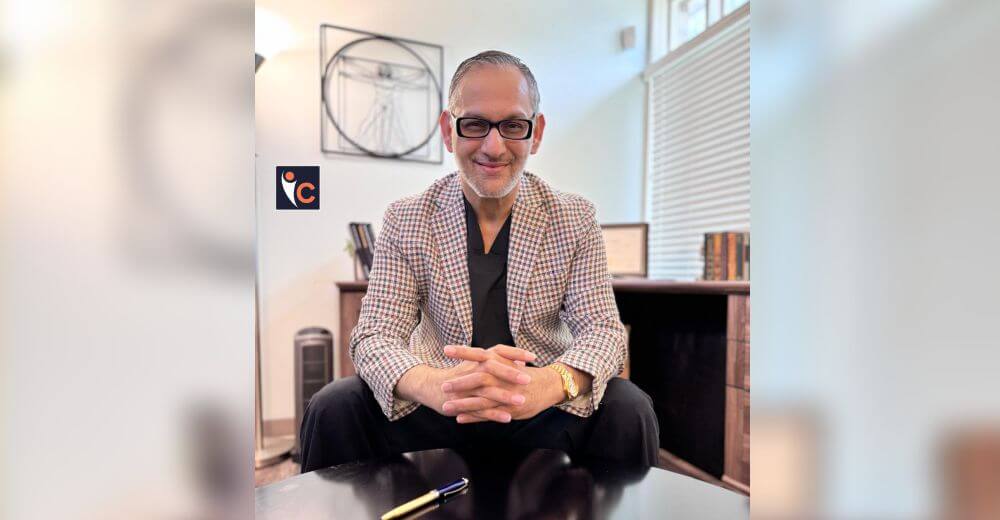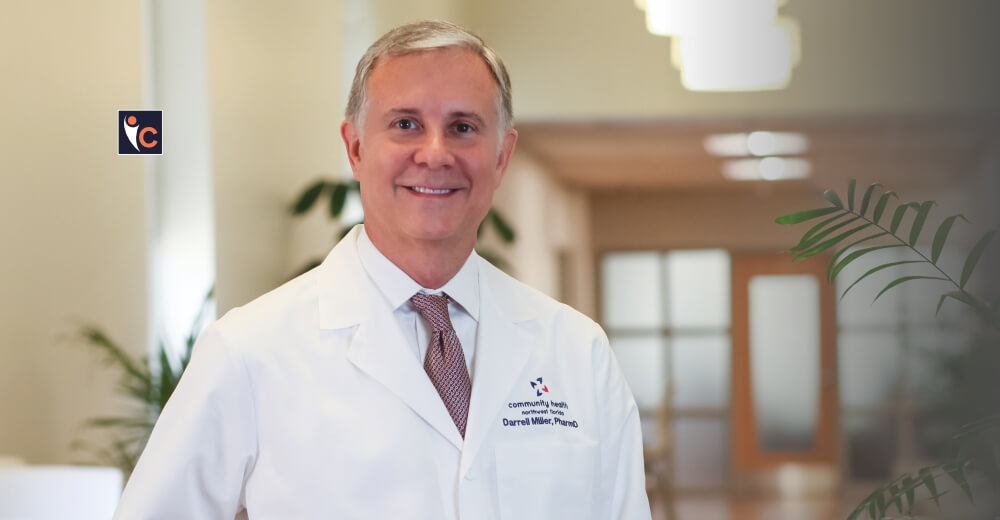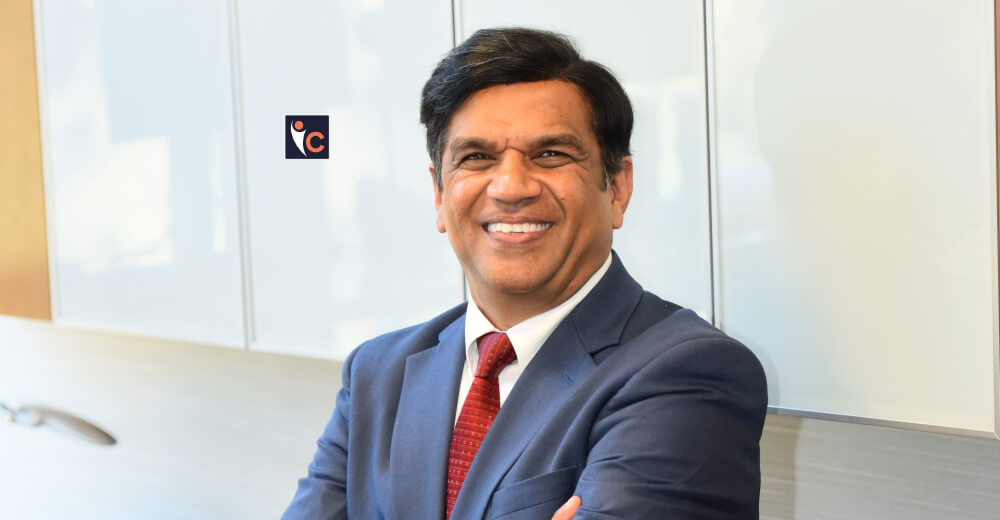If our body is a machine, all our organs are the parts that work in tandem for adequate functionality. Every part needs to be in good shape to complete physical fitness. However, at times, due to illness, accident or trauma, one or more body parts get affected and lose their functionality either temporarily or permanently.
In most of the cases, it is possible to get them working and help patients overcome physical impairment. Physical Rehabilitation, also referred to as Physiatrics or Physiotherapy, helps patients live their fullest life.
Physiatrists commonly treat patients at a hospital who have undergone an amputation or have suffered from spinal cord injury, stroke, traumatic brain injury, and other debilitating injuries. The treatment process involves an interdisciplinary team of physical, occupational, recreational and speech therapists, nurses, neuropsychologists, and case managers, led by a physiatrist.
For people in the Washington, D.C. area of the United States, Adventist HealthCare Rehabilitation is one of the most comprehensive providers of rehabilitation services. It offers five specialized treatment programs (brain injury, spinal cord injury, stroke, amputee, general rehabilitation) in addition to orthopedic and sports medicine services. It is also a part of Adventist HealthCare, one of the longest-serving healthcare systems in the Washington, D.C. area offering a range of expert acute, post-acute, and outpatient healthcare.
A Name Synonymous with Care
Adventist HealthCare’s history dates back to 1907. It is also one of the largest employers in the state of Maryland. The healthcare system includes Shady Grove Medical Center, White Oak Medical Center, Fort Washington Medical Center, Rehabilitation, Home Care Services, Adventist Medical Group, Imaging, and Urgent Care. In addition, Adventist HealthCare has a long-standing tradition as the largest provider of charity care and community benefit in Montgomery County.
Adventist HealthCare Rehabilitation is the first hospital in a five-state area to obtain accreditation from the Commission on Accreditation of Rehabilitation Facilities (CARF) for the care of patients in brain injury, spinal cord injury, stroke, amputation, and general rehabilitation. It offers outpatient services in three specialty areas: sports medicine and orthopedics, and neurological conditions. Adventist HealthCare Rehabilitation has locations in Rockville, Silver Spring, Gaithersburg, and Takoma Park.
It offers the following rehabilitation services:
- Amputee rehabilitation
- Joint replacement rehabilitation
- Lymphedema therapy
- Neurological rehabilitation
- Sports injury rehabilitation
- Speech and language therapy
- Pelvic health rehabilitation
- Occupational therapy
- Hand therapy
- Dizziness and balance disorders therapy
- Concussion management
A Visionary Leader
Adventist HealthCare Rehabilitation is led by Brent Reitz, president of Adventist HealthCare’s Post-Acute Services. Brent joined the organization in 2012 and has more than 16 years of experience in healthcare management. The team at Adventist HealthCare Rehabilitation provides care for 40,000 outpatient visits and 2,000 inpatient admissions. The team is constantly looking for ways in which the organization can enhance the patient experience. Brent understands that people in healthcare work infinitely hard. He strives to provide a great working environment to help people succeed.
He is a visionary leader who has helped the organization expand its footprint in the Montgomery County, Maryland area. In the last seven years, Brent has helped Adventist HealthCare Rehabilitation achieve the following milestones:
- Received Certificate of Need approval to open a new inpatient facility in White Oak, Maryland.
- Successfully achieved Joint Commission accreditation in the Rockville and Takoma Park hospitals, as well as the outpatient clinics in Silver Spring, Gaithersburg, and Rockville.
- Established two outpatient rehabilitation facilities in Gaithersburg
- Established a collaborative partnership with the Montgomery County Public Schools to offer athletic training services to students
- The outpatient services have grown approximately 35 percent in the last five years
Caring for Patients
Adventist HealthCare Rehabilitation provides quality outpatient services at various locations. After an initial assessment, the expert rehabilitation team creates an individualized treatment plan based on the patient’s activity goals. The therapeutic treatments can include manual therapy, physical therapy, occupational therapy, speech therapy, therapeutic taping, dry needling services, pain management, and education. For outpatients, it also offers specialized treatment programs for senior adults, pelvic health disorders, lymphedema, and speech and language therapy.
Adventist’s 55-bed Rockville hospital and its 42-bed Takoma Park hospital, which will move to the White Oak area of Montgomery County in late 2020, provides inpatient care for individuals recovering from brain injury, stroke, spinal cord injury, amputation, and general rehabilitation. It offers specialized amputee care, including limb preservation and limb loss support. The skilled clinicians in our amputee program establish best practices in rehabilitative medicine that are considered beyond the benchmark of care among providers nationwide. Adventist’s team-based approach ensures that every member of the patient’s treatment team – from physiatrist to physical therapist to prosthetist – collaborates to determine the most effective care for as long as the patient remains in its care.
Adventist HealthCare Rehabilitation thus offers both innovative treatments and advanced technology through its comprehensive inpatient and outpatient services. The team, which consists of doctors, therapists, and nurses trained in rehabilitative medicine, utilizes the latest evidence-based strategies. The treatment team works closely with patients and their caregivers to ensure the transition home is as smooth as possible. Patients receive 24-hour care and supervision in a safe and therapeutically supportive environment. Patients receive a minimum of 3 hours of physical, occupational or speech therapy each day at least five days a week. The facility offers a high nurse to patient ratio, which allows it to be very responsive to the patient’s needs.
Getting families on-board
Apart from all the hard work put in the care team of Adventist, the involvement and support from patients and their families are important too. Especially in the case of outpatients, the patient must follow the instruction provided by the care team and the family needs to ensure that it is being followed. It also helps the patients when they listen to experiences shared by patients who have been through or are going through the same treatment. Adventist HealthCare Rehabilitation offers several support programs for patients and their families, including:
- Aphasia Groups – The groups seek to meet the needs of individuals with aphasia with a wide range of communication strengths and challenges. Each group meets weekly and is facilitated by a speech-language pathologist. The groups provide opportunities for individuals with aphasia to have successful communication and social interaction in a supportive environment.
- Amputee Support Group – The group consists of amputee patients in the outpatient program. The group meets monthly to share progress, discuss challenges and offer social and emotional support.
- Brian Injury Support Group & Spanish Brain Injury Support Group – The groups consist of brain injury patients who function at a variety of levels. The group acts as a resource for those suffering from both traumatic and non-traumatic brain injury. Group members are encouraged to bring family and friends to the meetings.
- Patient and Family Advisory Council (PFAC) – The PFAC consists of current and/or former patients and/or their family members. The group provides feedback to help Adventist’s leadership enhance patient care and patient experience.
- Peer Visitor Program – The program matches current patients to a former patient with a similar diagnosis or injuries to help provide comfort and inspiration during treatment.
Why Choose Adventist?
Adventist HealthCare Rehabilitation is accredited by The Joint Commission. The commission evaluates the quality and safety of care for more than 15,000 health care organizations. To maintain and earn accreditation, organizations must have an extensive on-site review by a team of Joint Commission health care professionals, at least once every three years. The purpose of the review is to evaluate the organization’s performance in areas that affect your care
Adventist HealthCare Rehabilitation is also approved by The Commission on Accreditation of Rehabilitation Facilities (CARF), which is an independent, nonprofit organization that reviews and grants accreditation services nationally and internationally on request of a facility or program. Their standards are rigorous, so those services that meet them are often considered among the best available.
As a patient, selecting Adventist HealthCare Rehabilitation offers the following advantages that the accreditation brings with it:
- The highest industry standards possible, providing risk reduction and accountability.
- Substantially meets internationally recognized standards with a commitment to continually enhance the quality of its services and programs, and its focus is on consumer satisfaction.
It also assures patients that:
- The programs or services actively involve consumers in selecting, planning and using services.
- The organization’s programs and services have met consumer-focused, state-of-the-art international standards of performance.
- These standards were developed with the involvement and input of consumers.
- The organizationis focused on assisting each consumer in achieving his or her chosen goals and outcomes
The accreditations re-confirm Adventist HealthCare Rehabilitation’s inclination towards providing best-in-class services.
Latest Technology, Premium Care
Adventist HealthCare Rehabilitation utilizes a number of the latest technological advancements in rehabilitative care, including the AlterG anti-gravity treadmill that helps reduce the patient’s body weight while walking or running to maximize the benefits of therapy while decreasing the risk of injury.
It also uses Dartfish video motion technology in its sports medicine program to assess the patient’s form and gait and to identify the movement patterns causing pain. The technology enables the care team to record and measure critical angles and motions during sports activity. It provides feedback that pinpoints the root causes of pain.
Optimizing the Offerings
Adventist HealthCare Rehabilitation aims to become the rehabilitation provider of choice for patients, regionally and nationally. The management hopes that their treatment expertise in physical, occupational and speech therapy will become national best practices that other rehabilitation providers will follow.
“Our footprint has grown in recent years to include an additional outpatient location in Gaithersburg and we anticipate the opening of our new outpatient and inpatient facilities at Adventist HealthCare White Oak Medical Center in late 2020,” concludes Brent.















